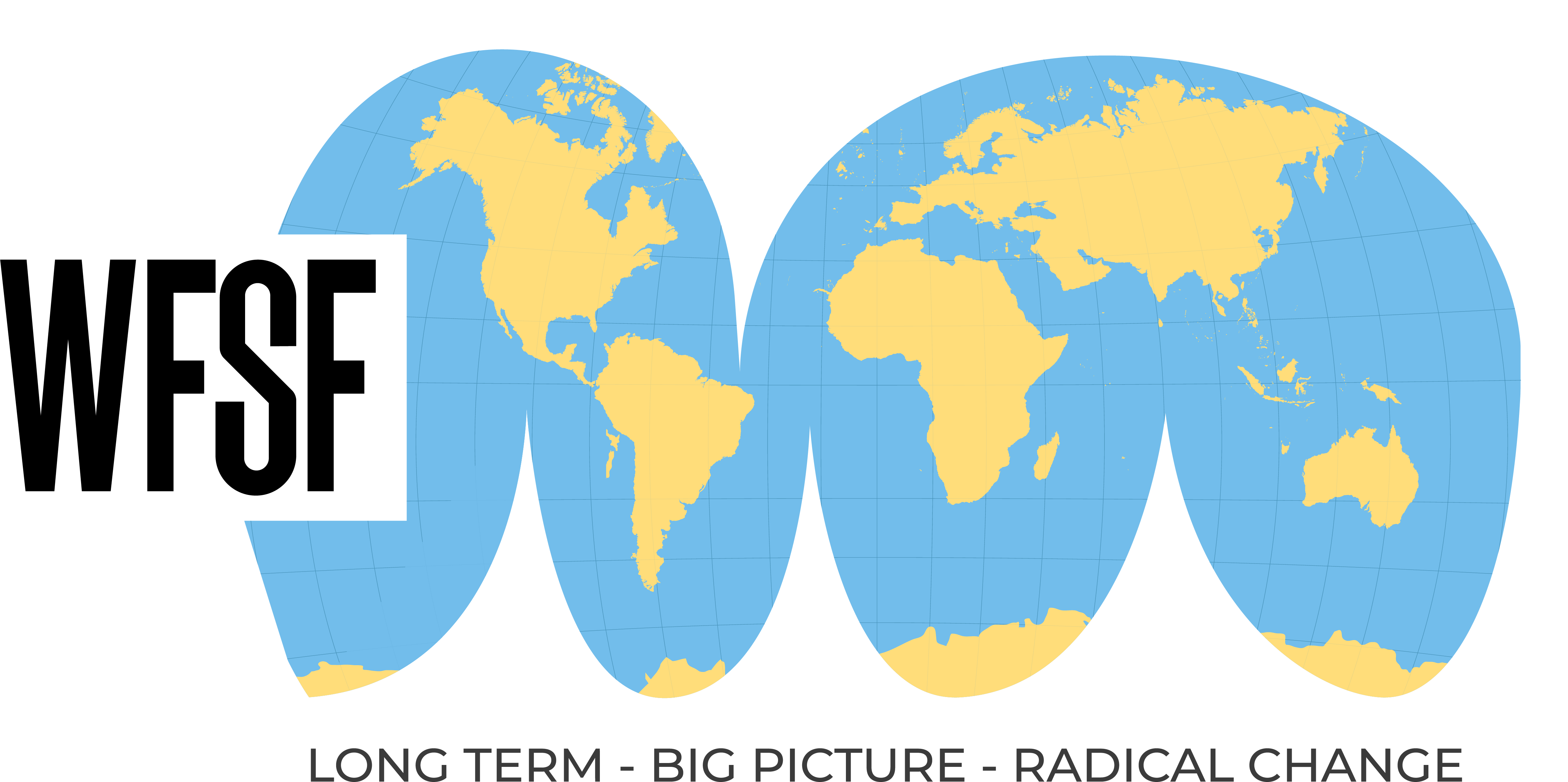24th World Conference
Assessing Futures Literacy as an Academic Competence
The diversity of methods and the absence of clear-cut classifications specific to futures studies (FS) complicates its consolidation as an established field (Poli, 2018). Since 2000, several attempts have been made to bring some coherence to the field through the provision of important concepts, models, and theories that can encompass its great diversity. The Futures Literacy Framework (FLF) developed by Miller (Miller, 2018; Miller & Sandford, 2019) and the Foresight Competency Model (FCM; Hines, Gary, Daheim, & van der Laan, 2017) are clear examples of this effort. This paper attempts to assess whether the alumni of a graduate degree programme on strategic foresight and FS developed futures literacy (FL), defined as a capability that can be learned, by deploying foresight competencies. Drawing from methods in the FS field and the anticipatory assumptions of the FLF, we offer an empirical account of the abilities that fit in this set of competencies, as defined by the FCM, by using confirmatory factor analysis. In addition, we test whether there is an association between foresight methods and competencies using linear models. The data were obtained from web surveys conducted among alumni from a master’s programme in strategic foresight and FS in Mexico. Overall, the evidence suggests that specific abilities correctly fit into a defined set of competencies, and the foresight methods used by alumni explain foresight competencies to some extent.

